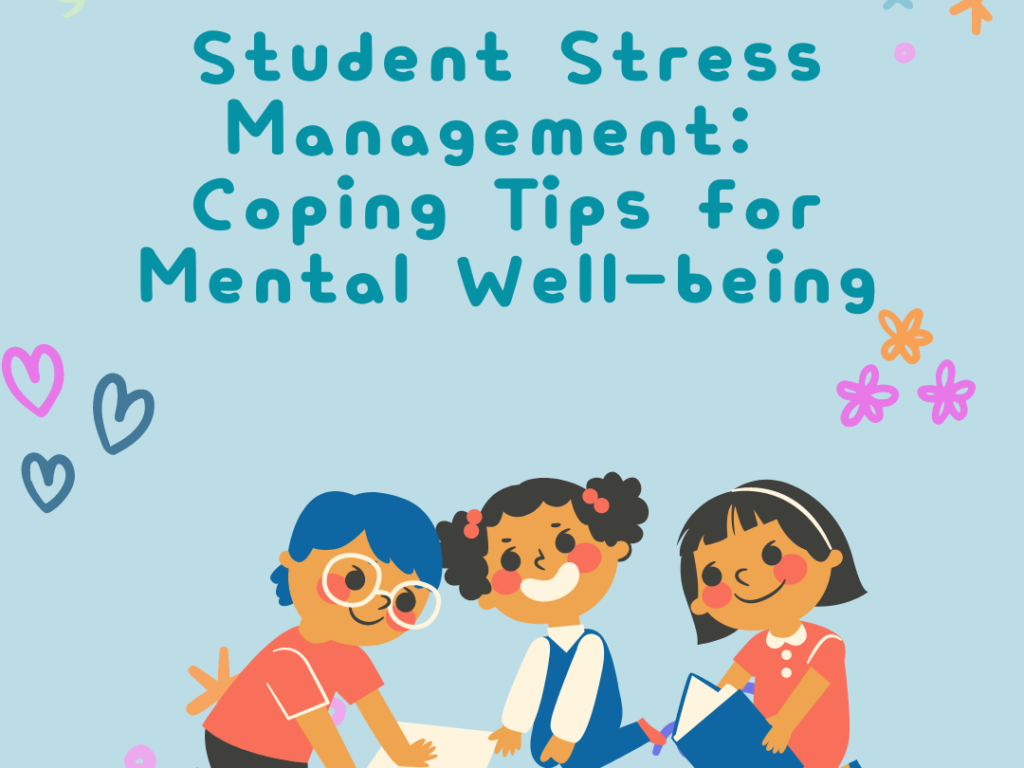In today’s fast-paced world, stress has become a common aspect of daily life, especially for students. Academic pressures and social challenges often combine to create a myriad of stressors that can significantly impact their mental well-being. According to the World Health Organization, stress is a state of worry or mental tension caused by difficult situations, triggering the body’s “fight or flight” response. This response releases hormones like adrenaline and cortisol, preparing the body to handle perceived threats. While stress is inevitable, chronic or excessive stress can have detrimental effects on both physical and mental health.
Common Stressors for Students
To gain insights into what students typically consider stressors, we interviewed James Ojukwu, a 12th grader and one of the top performers in the recent JAMB exam. James highlighted several key stressors:
–Academic Expectations: The pressure from school and family to excel academically.
–Long School Hours: Early starts and late finishes can be exhausting.
–Complex Subjects: Juggling multiple subjects and concepts simultaneously.
Other significant stressors include:
– Social Challenges: Peer pressure, maintaining social relationships, and fitting in.
– Transitions and Changes: Moving to a new school, advancing to higher educational levels, or undergoing major life changes.
Recognising Signs of Stress in Students
Stress often manifests subtly and is easily overlooked. We spoke with Mr. Vincent, a guidance and counseling representative, about early signs of stress in students. He identified the following indicators:
–Resistance to Workload: Noticeable reactions to increased academic demands, such as resistance to certain lessons.
–Complaints About Assignments: Frequent complaints regarding the volume of homework.
–Desire to Go Home: Boarding students express a strong desire to return home due to prolonged school stays.
Recognizing these early signs is crucial for implementing effective coping strategies to support students’ mental health.
Coping Tips for Student Stress Management
Here are practical tips to help students manage stress and maintain their mental well-being:
– Identify Stressors: Encourage students to pinpoint specific stressors in their lives. Understanding what triggers their stress can help develop targeted coping strategies.
– Parental Support: Parents’ involvement in their children’s academic life can significantly improve their mental health. Being present and supportive can make a substantial difference.
– Open Communication: Maintain healthy communication both at home and in school. This allows students to express themselves freely and share any issues they might be facing.
– Practice Time Management: Teach students to prioritize tasks, create realistic schedules, and break larger projects into smaller, manageable steps.
– Take Breaks: Short breaks during study sessions can help prevent burnout and improve focus and concentration.
By implementing these coping strategies, students can build resilience, reduce stress levels, and prioritize their mental well-being amidst academic challenges and everyday stressors.

